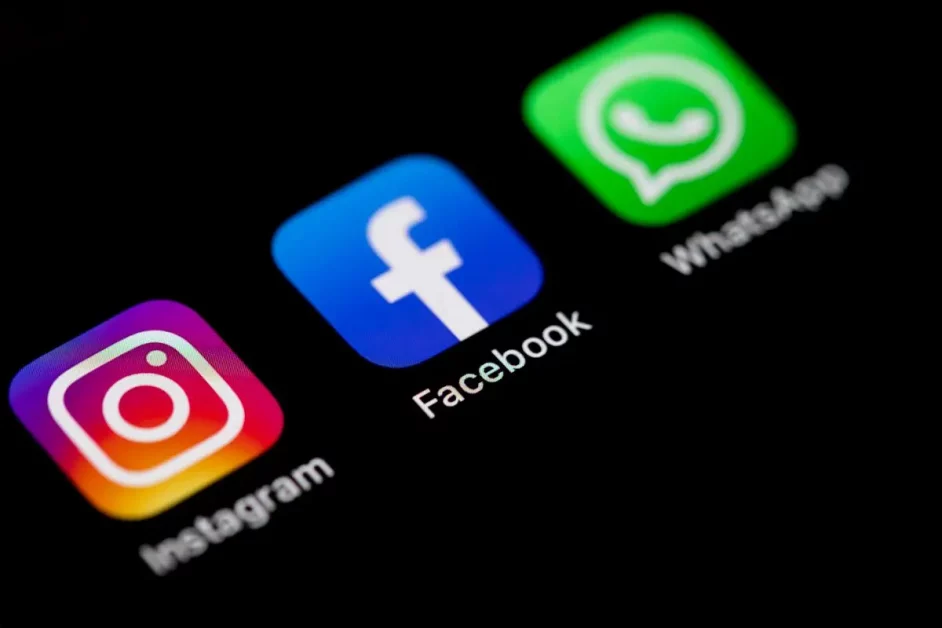Facebook resorts to Credit bureau blacklist to smoke out advert defaulters, advertisers with a bad history will be required to pay upfront.
Meta has shared their data with Kenya revenue authority to impose actions on the tax evaders, the tighter advertisement conditions will be effective from January 3, 2023.
Meta wants to protect its bottom line from non-performing accounts, amid the government demand that companies doing business pay digital demand.
Facebook has been taking money from advertisers after 30 days, while others were failing to pay.

The CRB partnership will enable the mentor to be able to categorize the business advertisers.
The people who will fail to pay the advertising fee on time will pay a one percent fine every month.
“By placing an order, you authorize us to obtain your personal or business credit report from a credit bureau, either when you place an order or at any time thereafter,” says Meta in the updated terms of service.
Subscribe to our You Tube channel at Switch TV.
“Non-invoiced clients are those who must make payments at the time of purchase itself. In its sole discretion, Meta may classify clients as invoiced clients based on factors such as ad spend and creditworthiness.”
These moves just come after president William Ruto declared that people should be removed from CRB and promised to release more than 4 million Kenyans.
Meta also decide to share their data with Kenya revenue authority to impose actions on the tax evaders.
The Move will help KRA to achieve its digital tax target which is 13.9 billion in the next three years.
Kenyans will start paying the digital tax from January next year.
Kenya revenue authority decided to start this after seeing many Kenyans living a lavish lifestyle on social media.
In Kenya, there are over 12 million Facebook users, about two million Instagram users and 22.2 million daily WhatsApp users in 2022, according to analytics firm Statista.
















